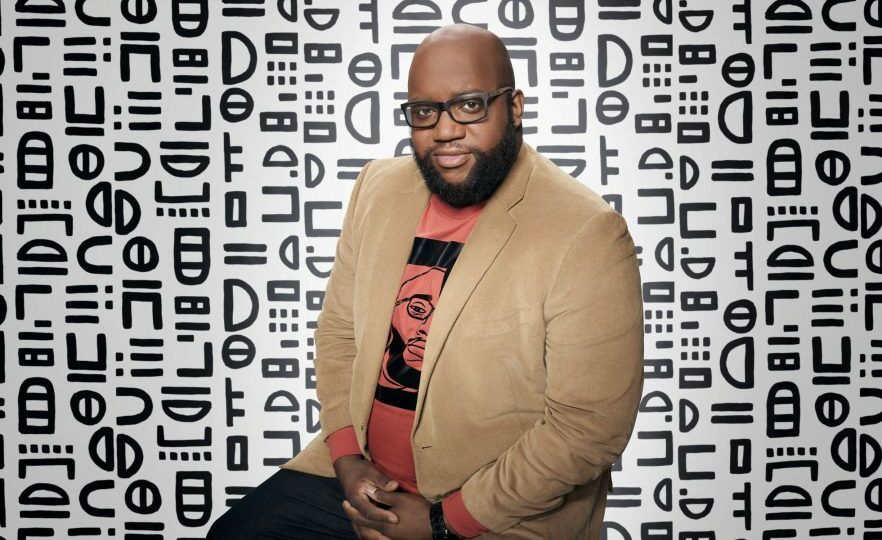Black History Month is an annual celebration of achievements by black people in America, past and present. This February, Best Buy is proud to highlight the central role its black employees, leaders and vendors play in writing the next chapter of the company, our communities and the tech industry.
Picture a summer afternoon in a park in Pittsburgh. Teens are playing basketball and baseball, hanging out on the grass and chatting. A young man is selling hotdogs to the crowd. Suddenly, there’s a buzz overhead.
“They see me in the same community they’re in, day in and day out, and the kids are like ‘Man, here comes Mr. A with his drone again.’”
Mr. A — real name Aaron McKinnon — is the coordinator at the Best Buy Teen Tech Center located within PHASE 4 Learning Center, a nonprofit on the east side of Pittsburgh. PHASE 4’s relationships with local school districts and employers have made the organization a popular place for Pittsburgh’s youth and a natural host for a Teen Tech Center. The centers are safe, after-school learning spaces equipped with cutting-edge technology where youth learn new tech skills, stay on track with school, gain exposure to new career possibilities and benefit from positive adult and peer relationships.
It’s that last piece that’s been especially important to Aaron.
“My job is bigger than introducing teens to the latest gadgets and software. I’m making those relationships real and tangible,” Aaron said. “I help young people realize their potential and channel their talent, energy and ideas into brighter futures.”
The making of a mentor
Aaron didn’t have a classic “mentor” growing up. The product of a middle-class home and results-driven parents, Aaron said his childhood was more “brussels sprouts without the cheese.”
“My dad would always, say, ‘You only have so many hours in the week — what are you doing with them to get ahead?’” Aaron said. “I loved that message, but not the delivery. It wasn’t always grounded in making sure it made sense with the hopes and dreams I had for myself.”
“My job is bigger than introducing teens to the latest gadgets and software. I’m making those relationships real and tangible. I help young people realize their potential and channel their talent, energy and ideas into brighter futures.”
Aaron McKinnon
After moving to Pittsburgh in 2004 and starting work at PHASE 4 Learning Center — first as an addiction counselor and then as the site’s technology teacher — Aaron learned from his colleagues that he could be a relationship-focused leader while still passing on the work ethic his parents instilled in him.
“Any site can offer technology,” said PHASE 4 founder Terrie Suica-Reed. “But to build a relationship with people takes an investment of time and concern. We always say we transform lives of those who come to us as participants, but it’s also true for the people who work at PHASE 4.”
Mentorship begets mentorship
Aaron has been working at PHASE 4 for nearly 16 years now. That means the teens he worked with early on are now adults.
“I’ve watched some of these kids have kids, and now their kids come to the Teen Tech Center,” Aaron said. “Each student I’ve ever had has left an impression on me.”
That includes professional chef Carlos Thomas, a 10-year alumnus of PHASE 4, who now returns to the Teen Tech Center regularly to mentor the new generation of teens.
“It’s always been like a second home. It provided something that didn’t exist anywhere else,” Carlos said. “Even as an adult, coming back here is like the same feeling, there’s just newer tech stuff.”
Carlos now runs a social economic collective in Pittsburgh called Feed the Hood. It began as a small project, selling hotdogs at places like the same summer leagues Mr. A frequents with his drone. It’s since grown into a mentorship project, where young people find meaning through providing food to the community and sharing conversations over the table.
He’s paying it forward. Just like Aaron.
“For each mentor, someone guided them to where they wanted to be,” Aaron said. “It’s amazing to see that in these kids, well, and adults — all that ambitious growth coming out and making good stuff happen.”


